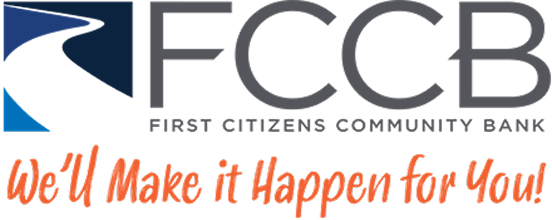Navigating the process of building your home is an exciting journey that requires careful planning and consideration. Whether you're embarking on this adventure for the first time or you're a seasoned homeowner looking to create your dream residence, our team is here to guide you through every step. Let's break down each stage to ensure you're well-prepared for the road ahead:
Determine Your Price Range: This step involves evaluating your financial situation and setting a realistic budget for your new home construction project. Consider factors such as your income, savings, and any existing debts to determine how much you can comfortably afford to spend.
Key Tips
- Assess your current financial status, including income, savings, and outstanding debts.
- Consult with financial advisors or mortgage lenders to gain insights into your borrowing capacity and affordability.
- Explore different financing options, such as construction loans or traditional mortgages, to determine the best fit for your budget.
Assess Your Borrowing Capacity: Understanding your borrowing capacity is crucial for securing the necessary financing to build your home. This involves evaluating your creditworthiness, income stability, and debt-to-income ratio to determine how much you can borrow from lenders.
Key Tips
- Review your credit report and credit score to identify any areas for improvement.
- Calculate your debt-to-income ratio by dividing your total monthly debt payments by your gross monthly income.
- Consider factors that may affect your borrowing capacity, such as employment history, financial reserves, and other financial obligations.
Explore Mortgage Options: With your budget and borrowing capacity in mind, it's time to explore different mortgage options available for new home construction. From traditional mortgages to specialized construction loans, there are various financing solutions tailored to your needs.
Key Tips
- Research different types of mortgage products, including fixed-rate mortgages, adjustable-rate mortgages, and government-insured loans.
- Evaluate the pros and cons of each mortgage option, such as interest rates, loan terms, and eligibility requirements.
- Consult with mortgage lenders or financial advisors to discuss your options and find the best mortgage solution for your new home construction project.
Secure Pre-Approval: Before you start searching for home designs and contractors, it's essential to obtain pre-approval for your mortgage. This involves submitting your financial information to lenders for review and receiving a conditional commitment for a loan amount.
Key Tips
- Gather necessary documentation, such as income statements, tax returns, and bank statements, to support your mortgage application.
- Work with mortgage lenders to complete the pre-approval process and receive a pre-approval letter, which demonstrates your financial readiness to builders and sellers.
- Use your pre-approval letter as a negotiating tool when discussing home designs and construction contracts with builders and contractors.
Find the Right Home Design and Contractor: With financing secured, it's time to focus on designing your dream home and selecting the right contractor to bring your vision to life. This involves researching home designs, interviewing contractors, and finalizing construction plans.
Key Tips
- Explore different home design options, from pre-designed floor plans to custom designs tailored to your preferences and lifestyle.
- Research reputable contractors with experience in new home construction and positive customer reviews.
- Schedule consultations with potential contractors to discuss your project requirements, budget, and timeline for completion.
Apply for Your Mortgage Loan: Once you've finalized your home design and selected a contractor, it's time to formally apply for your mortgage loan. This involves submitting your construction plans and financial documentation to lenders for review and approval.
Key Tips
- Work closely with your chosen lender to complete the mortgage application process and provide any additional documentation required for underwriting.
- Review and sign loan documents, including disclosures and agreements, to formalize your mortgage loan agreement.
- Coordinate with your lender and contractor to ensure seamless communication and timely disbursement of funds for construction expenses.
Closing the Deal: As your new home construction nears completion, you'll need to prepare for the closing process, where you'll finalize the purchase of your property and assume ownership of your new home.
Key Tips
- Schedule a closing date with your lender and coordinate with your contractor to ensure all construction tasks are completed according to the agreed-upon timeline.
- Review closing documents carefully and address any questions or concerns before signing.
- Arrange for payment of closing costs and down payment, as required by your mortgage agreement, and ensure all funds are available for the closing transaction.
The Building Process Begins: With the closing process complete, it's time for the exciting phase of building your new home to commence. Your contractor will break ground, and construction will progress according to the agreed-upon schedule and specifications.
Key Tips
- Monitor the construction progress closely and communicate regularly with your contractor to address any concerns or changes to the original plans.
- Conduct regular site visits to inspect the quality of workmanship and ensure that construction meets your expectations and adheres to local building codes and regulations.
- Stay informed about the construction timeline and budget to avoid delays or cost overruns and maintain transparency with your contractor throughout the building process.
All loans are subject to credit approval.
NMLS ID: 401353


